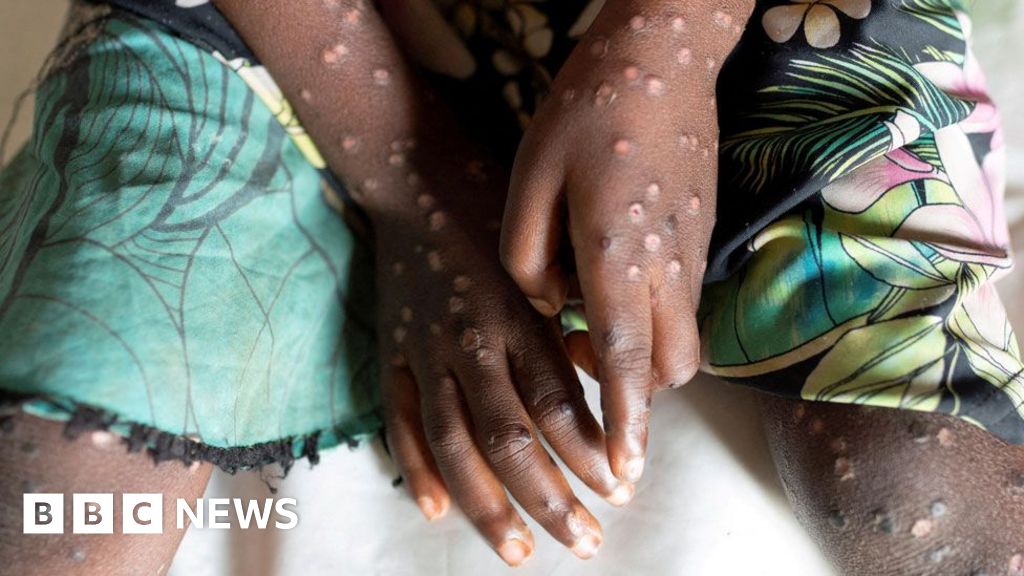Mpox, the highly contagious disease formerly known as monkeypox, has been declared a public health emergency in Africa by the country’s top health authority.
Scientists at the Africa Centers for Disease Control and Prevention (Africa CDC) expressed concern about the speed at which a new strain of the Mpox virus is spreading.
Since the beginning of the year, more than 13,700 cases and 450 deaths have been registered in the Democratic Republic of Congo.
The virus, which can cause lesions all over the body, has spread to other African countries, including Burundi, the Central African Republic, Kenya and Rwanda.
Declaring a public health emergency will help governments coordinate their response and potentially increase the flow of medical supplies and other aid to affected areas.
Jean Kaseya, head of the Africa CDC, warned that the disease could spiral out of control if immediate measures are not taken to contain it.
“This statement is not just a formality. It is a loud call to action. It is an acknowledgment that we can no longer afford to be reactive. We must be proactive and aggressive to contain and eliminate this threat,” he said.
Health authorities outside Africa will also monitor the situation to assess the risk of further spread of the outbreak.
On July 29, the European Centre for Disease Prevention and Control stated that the risk from the Mpox virus in Europe was “very low”.
Mpox is transmitted from animals to humans and between humans through close contact with an infected person – including through sex, skin contact, and talking or breathing near another person.
It can cause symptoms such as fever, muscle pain, and lesions all over the body. If left untreated, Mpox can be fatal.
Two main strains of the virus are known. The milder strain caused the global outbreak in 2022 that affected Europe, Australia, the United States, and many other countries – and was transmitted primarily through sexual contact.
The second, more deadly strain, endemic in Central Africa, is behind the new variant recently discovered in the Democratic Republic of Congo.
There are three vaccines available, but usually only people who are at risk or who have had close contact with an infected person can receive the vaccine.
Dr Kaseya said there were plans to secure about 10 million doses to help contain the spread of the disease in Africa.

